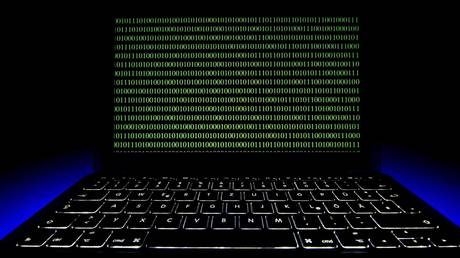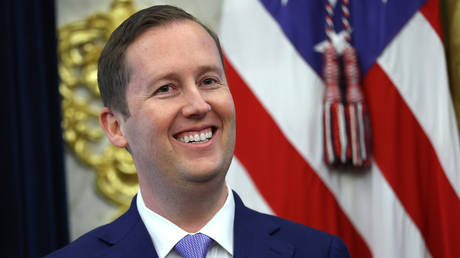
The drills bring together specialists from 32 NATO and partner countries including Ukraine
Military cybersecurity games, dubbed Locked Shields, kicked off in Tallinn, Estonia on Tuesday. The annual exercise is staged by NATO’s Cooperative Cyber Defence Centre of Excellence (CCDCOE), a cyber organization accredited by the US-led military alliance.
“Locked Shields is an opportunity for a multinational team of both NATO and national experts to work together and learn how to collaborate with each other, providing them with an opportunity to realistically test their skills in a safe environment.” chief of the NATO Cyber Security Centre at the NCI Agency, Ian West, explained.
The exercise is the world’s largest and most complex ‘live-fire’ cyber-defense event, according to its organizers. Participants in the event will hone their skills in “reporting incidents and mitigating them in an effort to defend their fictional national civilian and military IT systems and critical infrastructure.”
The three-day drills are expected to bring together some 2,000 cyber security specialists from 32 countries, both NATO member-countries and partners of the US-led bloc. Ukrainian cyber warfare specialists are expected to take part in the event as well, while CCDCOE has pledged its support to Kiev in the ongoing conflict against Russia. Last week, the centre held a ceremony to hoist the Ukrainian flag in a show of “solidarity and support” with Kiev.
“Establishing cyberdefence collaboration is essential, particularly considering the increasing risk of threats in cyberspace. We are with Ukraine and the CCDCOE welcomes the prospect of accepting Ukraine as a new contributing participant in the CCDCOE’s family,” the CCDCOE boss, Estonian military Colonel Jaak Tarien said during the event.
Apart from state entities, multiple major financial institutions are taking part in the cyber war games. The participants include Mastercard Inc., Banco Santander SA as well as other major organizations.
“By working with other organizations in a protected setting, like Locked Shields, we are able to glean insights into what others are doing and learn first-hand what is, or isn’t, working,” Mastercard’s chief security officer Ron Green told Bloomberg. “This also opens the door for deeper discussions about process and technology improvements each participant can make to enhance our overall cybersecurity.”




